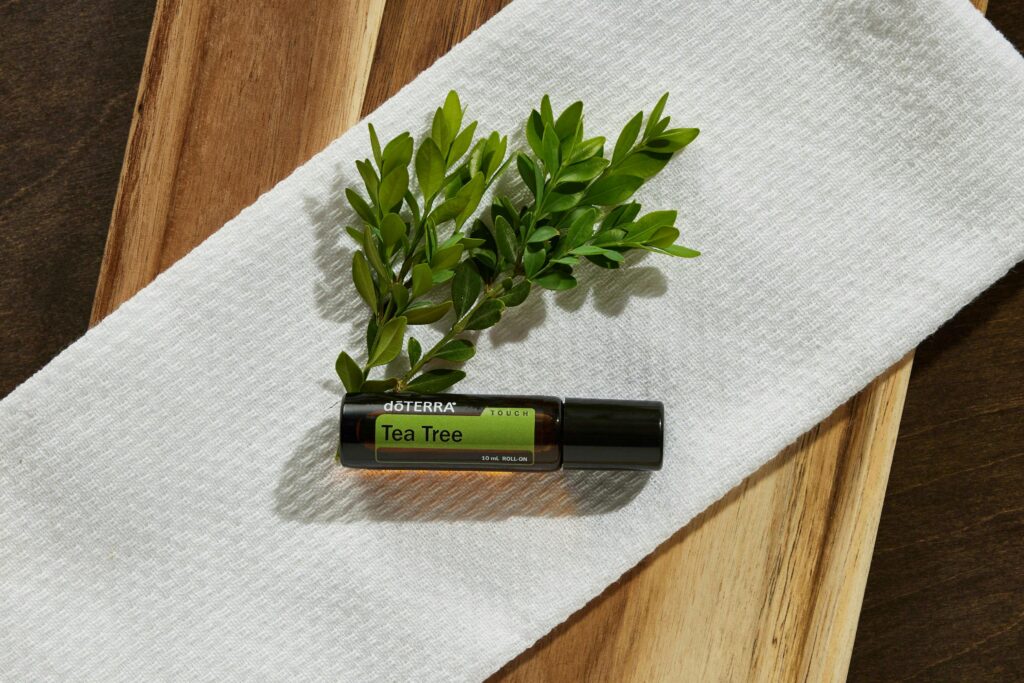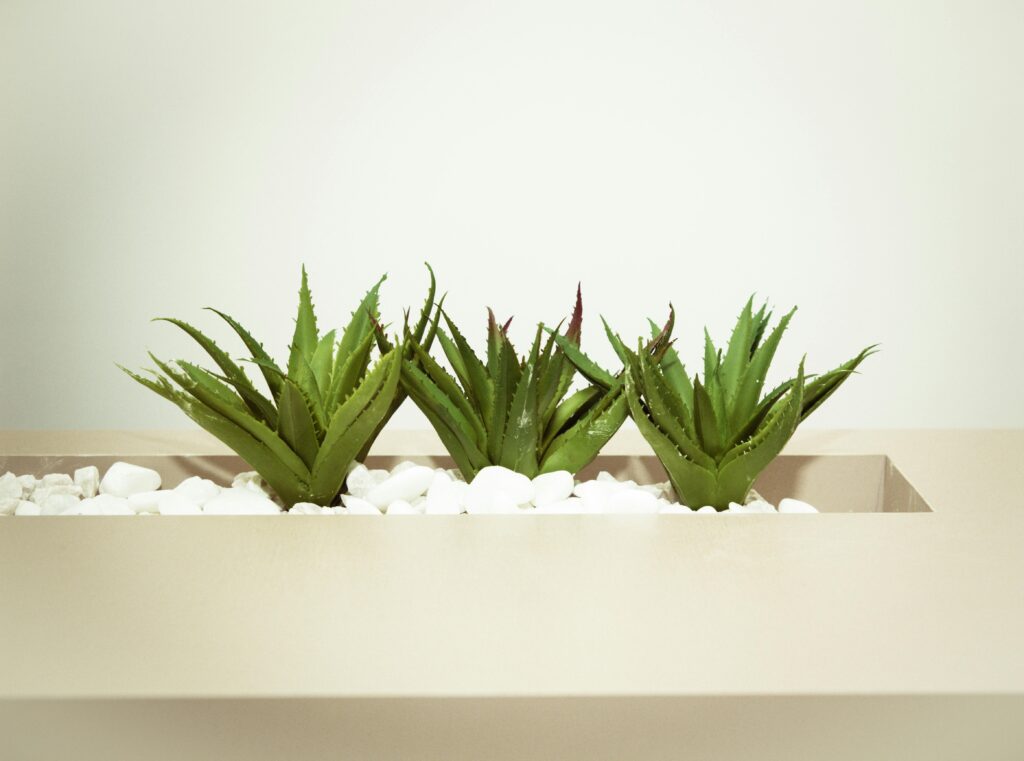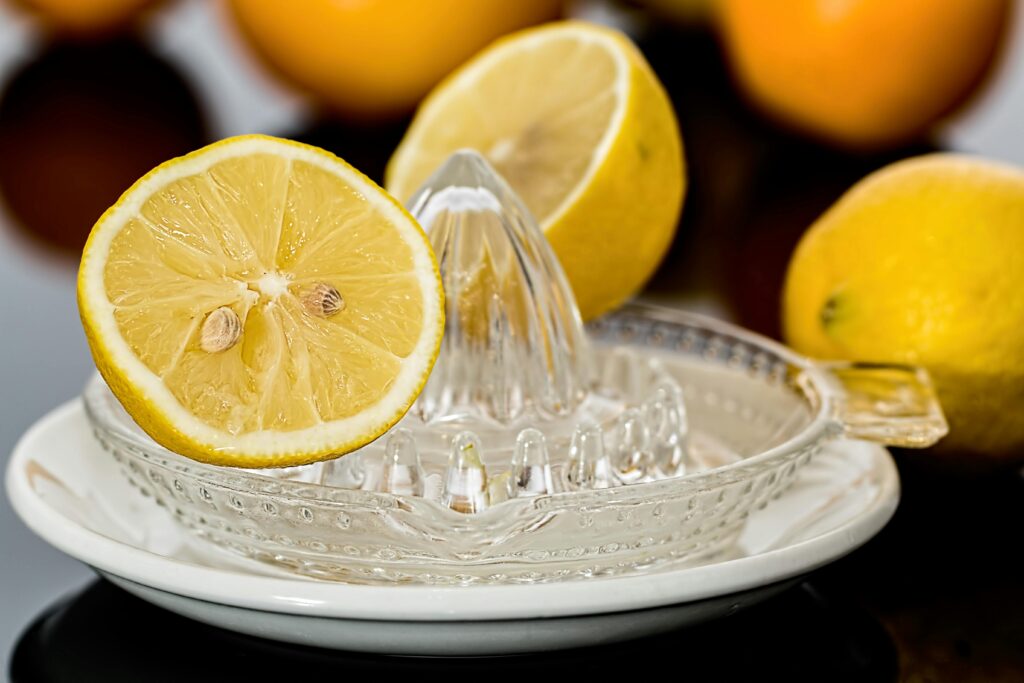Acne is common skin problem from which effects people of many age. While there are numerous treatments available, many individuals prefer natural remedies that can be tried at home. Here are some effective home remedies for treating acne on the face, along with detailed usage instructions and benefits. Remedies are used from many years . India and Pakistan are known for agriculture land and they are used lot of herbs to treat their skin problems.
1. Tea Tree Oil
How to Use:
Mix tea tree oil with a carrier oil (like coconut or olive oil) in a 1:9 ratio. Using a cotton swab, apply it directly to the acne spots. You can also add olive oil into your diet, as it not only benefits your skin but can improve overall health, giving you glowing skin.
Benefits:
Tea tree oil has powerful antibacterial properties that can help reduce acne-causing bacteria, making it a popular natural remedy for acne.
FAQs about Tea Tree Oil
Q: Can I use tea tree oil on all skin types?
A: While tea tree oil is effective, those with sensitive skin should dilute it before use to avoid irritation.
Q: How often can I apply tea tree oil for acne?
A: You can apply tea tree oil 1-2 times daily, but monitor your skin’s reaction.

2. Aloe Vera
How to Use:
Using your hands, spread fresh aloe vera gel on your face and let it sit for up to 20 minutes before rinsing it off. Alternatively, apply aloe vera before bed and wash it off in the morning for visible improvements to your skin.

Benefits:
. Aloe vera is recognized for its calming and anti-inflammatory qualities, which can aid in minimizing redness and irritation. It is also effective in removing pimples and promoting smooth, glowing skin.
FAQs about Aloe Vera
Q: How to use aloe vera extract?
A: Yes, using fresh aloe vera gel from the plant is most beneficial as it contains the highest levels of nutrients.
Q: How often should I use aloe vera on my face?
A: You can use aloe vera daily for optimal skin health and acne treatment.
3. Honey and Cinnamon Mask
How to Use:
Combine 2 tablespoons of honey with 1 teaspoon of cinnamon powder. Apply the mixture to your face and leave it on for about 10-15 minutes before rinsing it off.
Benefits:
Both honey and cinnamon are antibacterial and can effectively reduce acne while nourishing the skin.
FAQs about Honey and Cinnamon
Q: Can this mask be used on sensitive skin?
A: Perform a patch test first; if irritation occurs, avoid using it on sensitive areas.
Q: How often can I use honey and cinnamon mask?
A: You can use honey and cinnamon powder atmost 2 times a week.
4. Lemon Juice
How to Use:
Using a cotton ball, apply lemon juice directly to the acne spots and leave it on for about 10 minutes before rinsing. Avoid exposure to sunlight after application, as it can cause irritation; it’s best used at night.
Benefits:
Lemon juice has natural astringent properties that can help lighten acne scars and prevent future breakouts.
FAQs about Lemon Juice
Q: Is lemon juice safe for every skin type?
A: Lemon juice may not be suitable for sensitive skin; always do a patch test beforehand.
Q: How often should I apply lemon juice?
A: Limit application to 1-2 times a week to avoid skin sensitivity.

5. Apple Cider Vinegar
How to Use:
Mix 1 tablespoon of apple cider vinegar with 1tablespoon of water It is not compulsory to use 1 tablespoon use equal amount of both ingredients. Apply it to your face using a cotton ball and leave it on for about 10-20 minutes before rinsing off.
Benefits:
Apple cider vinegar contains antibacterial properties that can help balance skin pH, reducing acne.
FAQs about Apple Cider Vinegar
Q: Can I use undiluted apple cider vinegar directly on my skin?
A: It’s advised to dilute apple cider vinegar before applying it to avoid irritation.
Q: How frequently can apple cider vinegar be used?
A: You can use this remedy 1-2 times a week.
6. Green Tea
How to Use:
Prepare a cup of green tea, allow it to cool, and then use a cotton ball to apply it to your skin. You can also place cooled tea bags on inflamed areas.
Benefits:
Green tea is rich in antioxidants, which can help reduce inflammation and acne.
FAQs about Green Tea
Q: Can I drink green tea for better skin?
A: Yes, drinking green tea can provide antioxidants that benefit skin health.
Q: How often should I apply green tea to my face?
A: You can apply green tea to your face daily for best results.
7. Turmeric Mask
How to Use:
Use paste of turmeric powder. For making paste you can add one able spoon of honey and some haldi powder than mix them well . Apply this to your face and leave it on for 15-20 minutes before rinsing.

Benefits:
Turmeric has strong anti-inflammatory and antibacterial properties, helping to reduce acne effectively. It is mostly used in Asia. Male and female apply paste of haldi powder one night before wedding and than take bath . This gives them glow in skin and brighten their skin. It also remove acne from face .It is not necessary to use it only before wedding you can use any time for good results.
FAQs about Turmeric Mask
Q: Will turmeric stain my skin?
A: Turmeric can temporarily stain skin; however, it fades within a few hours after washing.
Q: How often can I use a turmeric mask?
A: Use this mask 1-2 times a week for the best results.
8. Baking Soda
How to Use:
Create a paste using baking soda and water. Apply to the place where you see acene sport and leave it for few minutes than see results.
Benefits:
Baking soda helps exfoliate the skin, removing dead skin cells and reducing acne.
FAQs about Baking Soda
Q: Is baking soda safe for skin use?
A: While generally safe, it may cause irritation for sensitive skin; perform a patch test first.Q: How often can I use baking soda on my face?
A: Limit use to once a week to prevent over-exfoliation
9. Oatmeal Mask
How to Use:
Prepare oatmeal, let it cool, and spread it over your face. Keep it on for 20 minutes before rinsing it off
Benefits:
Oatmeal helps absorb excess oil and soothe irritated skin, making it a great remedy for acne.
FAQs about Oatmeal Mask
Q: Can I use any type of oatmeal for this mask?
A: Yes, both instant and rolled oats can be used effectively.
Q: How often should I apply an oatmeal mask?
A: An oatmeal mask can be used 1-2 times a week.
10. Facial Steaming
How to Use:
Boil water and pour it into a bowl. Bend over the bowl and drape a towel over your head to keep the steam in. Steam your face for 10-15 minutes.
Benefits:
Facial steaming helps open up pores and enhances the cleansing process, aiding in acne prevention.
FAQs about Facial Steaming
Q: How often should I steam my face?
A: Facial steaming can be done once a week for optimal skin health.
Q: Should I use essential oils while steaming?
A: Yes, you can add a few drops of essential oils to the water for added benefits..
11. Using Neem
How to Use:
You can either grind neem leaves to create a paste or blend neem oil with a carrier oil. Apply this mixture to your face to help treat acne.
Benefits:
Neem has antibacterial and anti-inflammatory properties that can help cleanse the skin and leave it smooth.
FAQs about Neem
Q: Is lemon juice suitable for every skin type?
A: Neem is generally safe; however, patch test first, especially for sensitive skin.
Q: How often should I use neem for acne?
A: Use neem 1-2 times a week for best results.
Q:What is carrier oil?
A carrier oil is a neutral, plant-derived oil used to dilute essential oils and other concentrated substances before applying them to the skin. Carrier oils help carry the essential oils into the skin, making them safe for topical use while also providing their own therapeutic benefits, such as moisturizing and nourishing the skin. Common examples of carrier oils include jojoba oil, sweet almond oil, coconut oil, and olive oil. They are typically extracted from the seeds, nuts, or fruits of plants
Important Tips:
- Patch Test: Always perform a patch test before trying any home remedy to ensure you don’t have an allergic reaction.
- Consult a Dermatologist: If your acne is severe or persistent, consult a dermatologist for professional advice and tailored treatment options.
- Avoid Popping Pimples: Avoid popping pimples, as this can lead to scarring and further inflammation.
These remedies can help treat mild acne. Remember that results may vary from person to person, and consistency and patience are crucial for effective treatments. Embrace these natural solutions for clearer and healthier skin!
Conclusion
Incorporating natural remedies into your skincare routine can be an effective way to manage and treat acne. The home remedies listed above leverage the healing properties of various ingredients, from tea tree oil to neem, offering a holistic approach to skincare. Each remedy has its unique benefits and is rooted in traditional practices that have been used for generations, particularly in regions known for their rich agricultural heritage, such as India and Pakistan.
What works for one person may not work for another, so conducting patch tests before trying new remedies is crucial. Additionally, while these remedies can be beneficial for mild to moderate acne, consulting a dermatologist is advisable for severe or persistent cases to ensure you receive appropriate treatment. Also apply beauty tips to enhance beauty and look elegant.
By combining these natural remedies with good skincare practices and being mindful of your skin’s needs, you can work towards achieving clearer, healthier ski

Pingback: 6 Best Foundations for Oily Skin: Your Ultimate Guide - elegant fashion and beauty tips
Pingback: 5 Best Concealers for Acne: Your Guide to Clear Skin - elegant fashion and beauty tips
Pingback: 13 Homemade Dark Circles Remedies: Simple Solutions for Tired Eyes
Pingback: The Ultimate 7-Step Skincare Routine for Oily Skin: Steps to Achieve a Radiant and Beautiful, Shine-Free Complexion